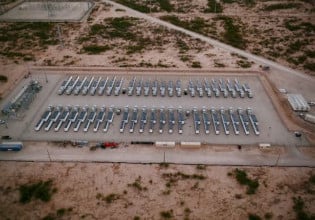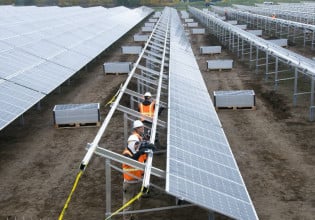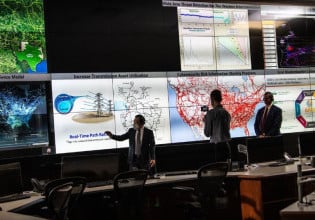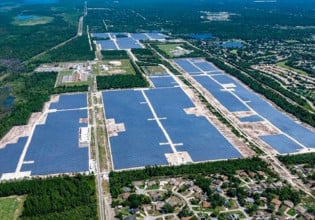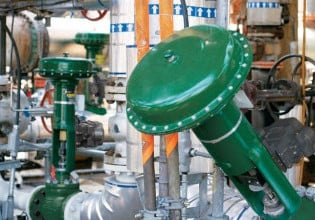DOE To Establish Two Energy Frontier Research Centers At Argonne
Argonne National Laboratory revealed that it will be home to two of 46 new multi-million-dollar Energy Frontier Research Centers (EFRCs) announced by the U.S. Department of Energy (DOE). The EFRCs, which will pursue advanced scientific research on energy, are being established by the DOE Office of Science at universities, national laboratories, nonprofit organizations, and private firms across the nation.
"As global energy demand grows over this century, there is an urgent need to reduce our dependence on fossil fuels and imported oil and curtail greenhouse gas emissions," said Secretary of Energy Steven Chu. "Meeting this challenge will require significant scientific advances. These Centers will mobilize the enormous talents and skills of our nation’s scientific workforce in pursuit of the breakthroughs that are essential to make alternative and renewable energy truly viable as large-scale replacements for fossil fuels."
The 46 EFRCs, to be funded at $2-5 million per year each for a planned initial five-year period, were selected from a pool of some 260 applications received in response to a solicitation issued by the DOE Office of Science in 2008. Selection was based on a rigorous merit review process utilizing outside panels composed of scientific experts.
Argonne’s EFRCs will focus on catalysts for efficient energy conversion and on electrical-storage technologies for a variety of applications. DOE awarded each center $19 million over five years.
"This is a very exciting opportunity for Argonne," Argonne Director Designate Eric Isaacs said. "Argonne can bring its deep well of research expertise to bear on scientific grand challenges, which will open the door to energy technologies that will significantly alter and improve how we power our homes, businesses and vehicles."
EFRC researchers will take advantage of new capabilities in nanotechnology, high-intensity light sources, neutron scattering sources, supercomputing, and other advanced instrumentation, much of it developed with DOE Office of Science support over the past decade, in an effort to lay the scientific groundwork for fundamental advances in solar energy, biofuels, transportation, energy efficiency, electricity storage and transmission, clean coal and carbon capture and sequestration, and nuclear energy.
DOE awarded Argonne’s Institute for Atom-efficient Chemical Transformations (IACT) $19 million over five years. The funding award will allow IACT to use a multidisciplinary approach to address key catalytic conversions that could improve the efficiency of producing fuels from coal and biomass. IACT will focus on advancing the science of catalysis for the efficient conversion of energy resources into usable forms.
Catalysis in chemistry is the acceleration and direction of a chemical reaction caused by the introduction of a substance or material that remains unchanged by the reaction.
DOE awarded Argonne’s Center for Electrical Energy Storage: Tailored Interfaces (CEES) $19 million over five years from DOE. CEES will investigate the scientific challenges that currently limit the progress and application of electrical energy storage technologies for energy generated by alternative renewable energy sources; and for transportation, medicine, defense, aerospace, telecommunications and consumer applications.


